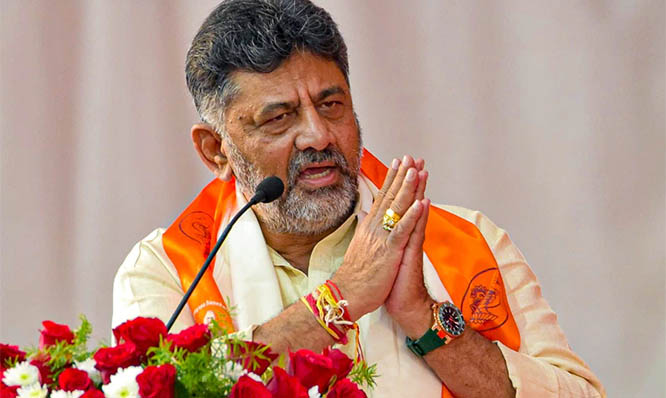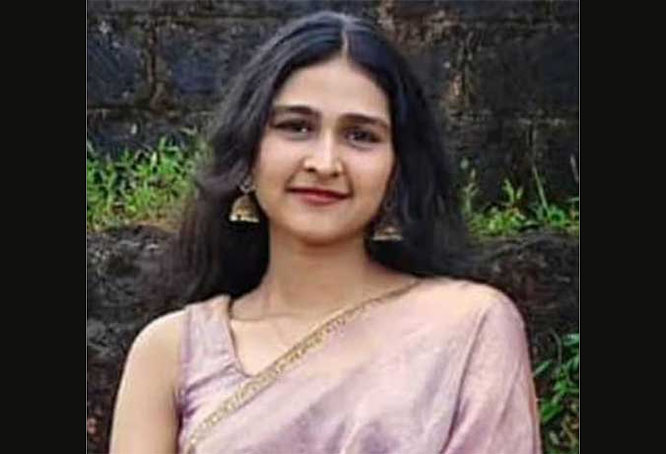
As the third Eid during the pandemic rolls around, tensions remain high. India is not the only country feeling the strain of the situation. All over the world, governments prepare for the surge in cases that could occur due to gatherings.
Eid ul-Fitr masks the end of Ramadan, the month during which Muslims fast from dawn to dusk in an act of devotion and worship. In 2020, Ramadan came around shortly after the lockdown was implemented in most places. The internet was flooded with messages with sympathy and solidarity for those spending the month alone, isolated from their loved ones. A year from then, the narrative has become less wholesome.
Eid celebration in 2021 is comes with Oman canceling Eid prayers, Malaysia imposing a travel ban, Pakistan imposing a complete lockdown etc.
Ramadan is not simply a month of personal spiritual growth. Ramadan and Eid are seen as community events, with Iftaar (breaking of the fast) get-togethers and congregated prayers. It is celebrated with joint meals, giving charity, giving food to the needy. Eid generally begins with a congregated Eid prayer in the community, which is followed by a sermon.
People dress in new clothes. The girls put on mehendi. The houses are filled with the aroma of biryani cooking. Like any other celebration, it is a community coming together to share in each other’s joy.
The atmosphere right now, however, is grim. The COVID situation in India is capturing global attention as children are orphaned and corpses are abandoned by their families in fear of infection. There is a pervading sense of fear and dread in the air, and it is not without a cause.
Despite all this, awareness and understanding of the virus is not as widespread as it should be. Even now, COVID safety protocols are not being followed unanimously. Even as news channels report the piling of bodies in crematoriums, the people in the crematoriums are clustered together, not all of them wearing masks.
Many Muslims struggle to cope with this version of Ramadan with no taraweeh (congregated evening prayers) and the heavy burden of grief and loss of loved ones. However, in that sense, we as a plural society are united. The feeling of being fearful for one’s safety, and they safety of one’s loved ones, the constant pain of death in the family, the isolation, these have become universal feelings.
The financial strain brought about by the pandemic is another unifying feeling. Several people have lost their jobs due to COVID. People who work on daily wage have taken a terrible financial hit. The mounting hospital bills, the funeral costs, the air fares that skyrocketed during the pandemic etc. all contribute to it.
There simply isn’t much room for festivity.
Every celebration in the past year has been muted and subdued. While there certainly were outliers who preferred to shirk the COVID guidelines, for the most part, all the festivals have faced a damper. Even the iconic crystal ball drop on New Year’s Eve in Times Square was done on a fairly empty square, as compared the usual throng of people.
Eid ul-Fitr 2021 will be the same.
While many organizations clamor to get food to those who need it, there is no doubt that the number of people who will go hungry this year will be higher than usual. Even charity has to be done from a distance.
Yet, the foreboding atmosphere is not all there is to it. Even if charity is being done from a distance, it is happening. People are trying to feed the needy. Volunteers are running helplines. There are people surging up to assist each other with finding beds, oxygen etc.
No singular ritual embodies the idea of Eid the way the feeling of community, gratitude and service done in the way of belief does. Despite the grim times we are in, the palms will still go red with mehendi, and the community will rise to aid one another.







Comments
Add new comment